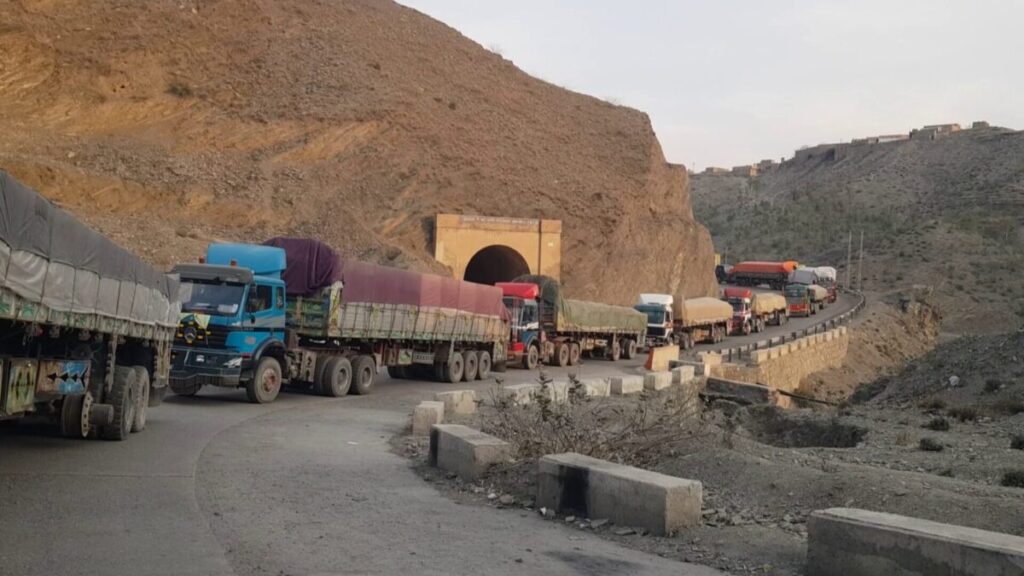ISLAMABAD: The ongoing trade suspension between Pakistan and Afghanistan has emerged as a development with vital regional implications. In this regard, Pakistan has closed all routes identified as major channels for smuggling, narcotics trafficking, illegal weapons movement and militant activity.
The district administration considers the decision critical for national security, economic stability and the enforcement of state writ.
Furthermore, Afghanistan, whose economy relies heavily on access to Pakistani roads and ports, has been hit hardest by the suspension, sources said.
In addition, the estimated 70 to 80 percent of Afghan trade moves through Pakistan, with goods typically reaching Afghanistan via Karachi within three to four days.
In comparison, transportation through Iran takes six to eight days, while shipments routed through Central Asian states can take more than 30 days.
Moreover, for years, goods entering under Afghan Transit Trade reportedly re-entered Pakistan through smuggling channels, causing what officials estimate to be over Rs3.4 trillion in annual economic losses.
Since the closure of the Torkham crossing alone, Afghanistan is estimated to have incurred losses of nearly USD 45 million within one month, and the combined losses from all border points reportedly exceeded USD 200 million within weeks.
Meanwhile, sources added that more than 5,000 trucks became stranded along the border, resulting in spoilage of Afghan agricultural produce destined for Pakistani markets.
Trade through Iran has also become significantly more expensive, with costs rising by 50 to 60 percent and an additional USD 2,500 charged per container. Medical supplies have also been affected, as over half of Afghanistan’s medicines previously arrived through Pakistan.
The district administration maintains that the suspension has had minimal impact on the average Pakistani citizen, as Afghan-origin smuggled items were largely non-essential luxury goods.
Pakistan, they note, continues to access regional and global markets through CPEC routes and direct links with China.





